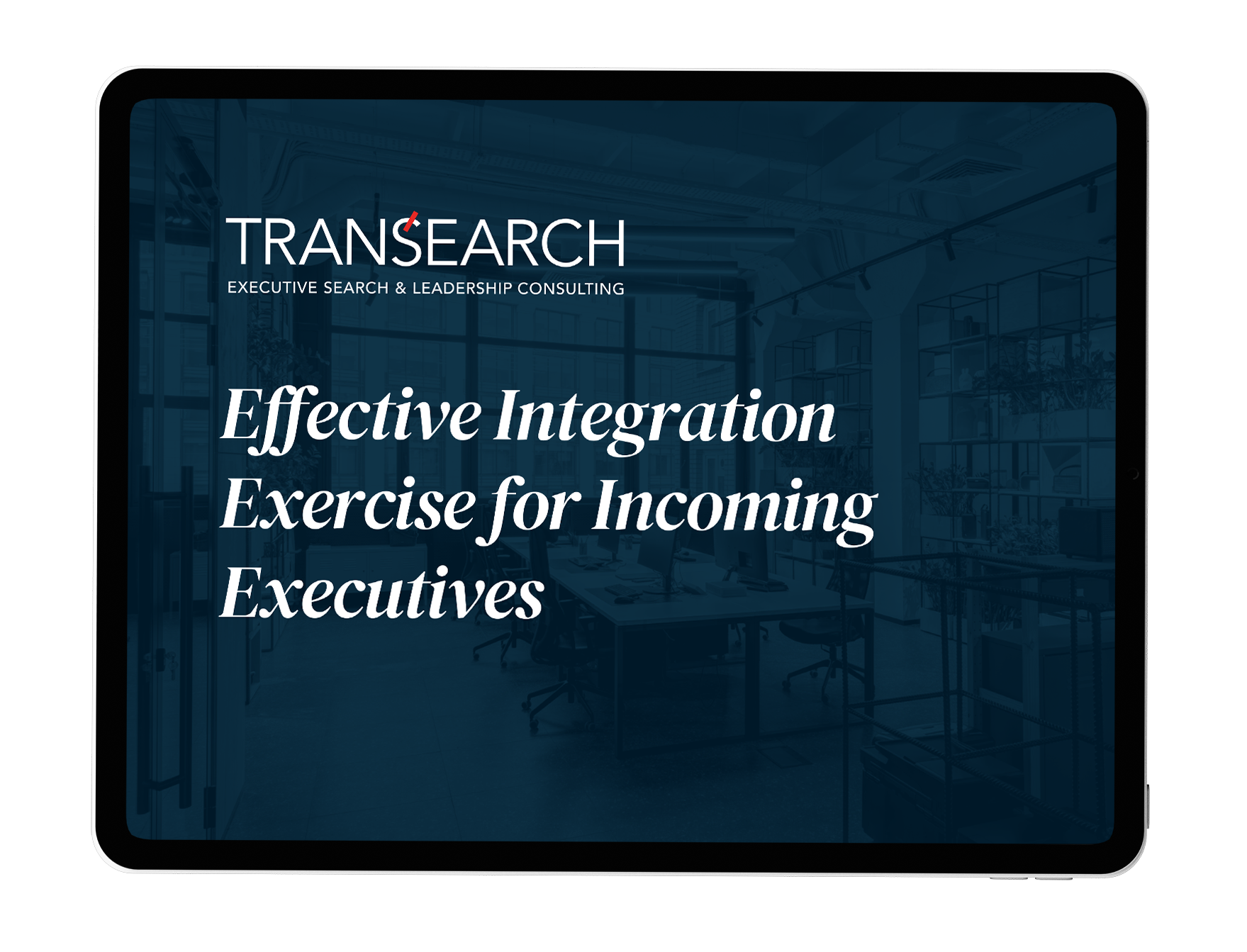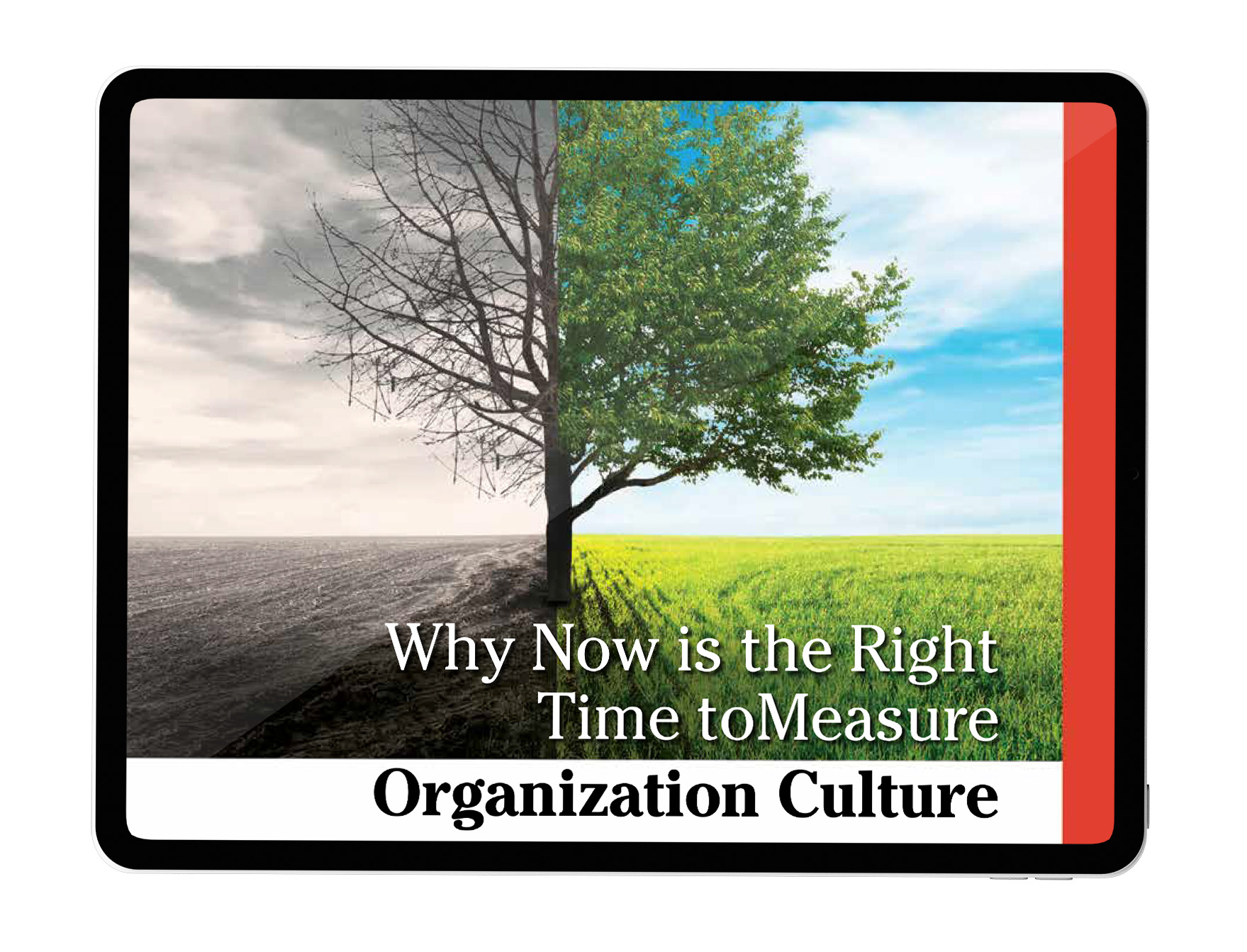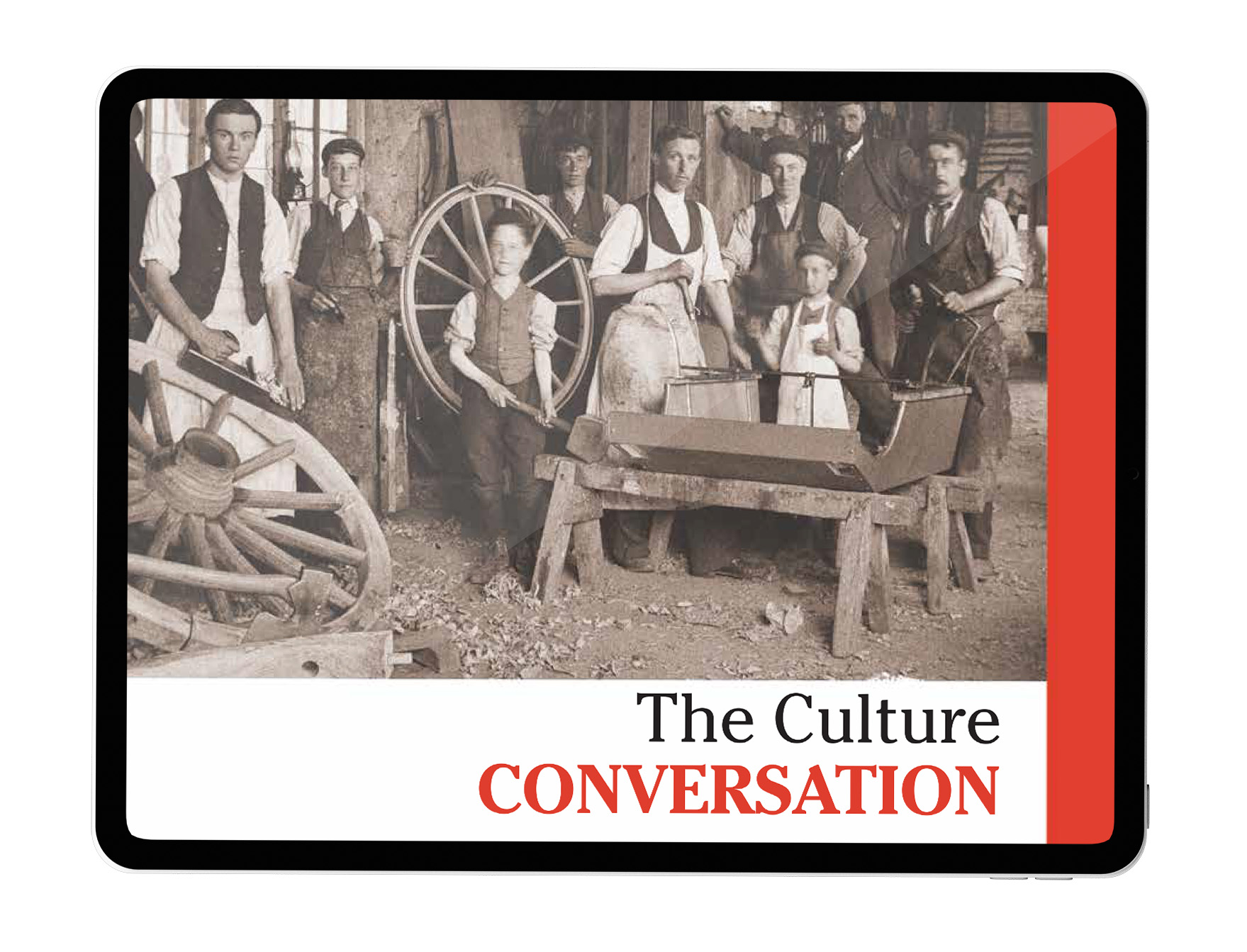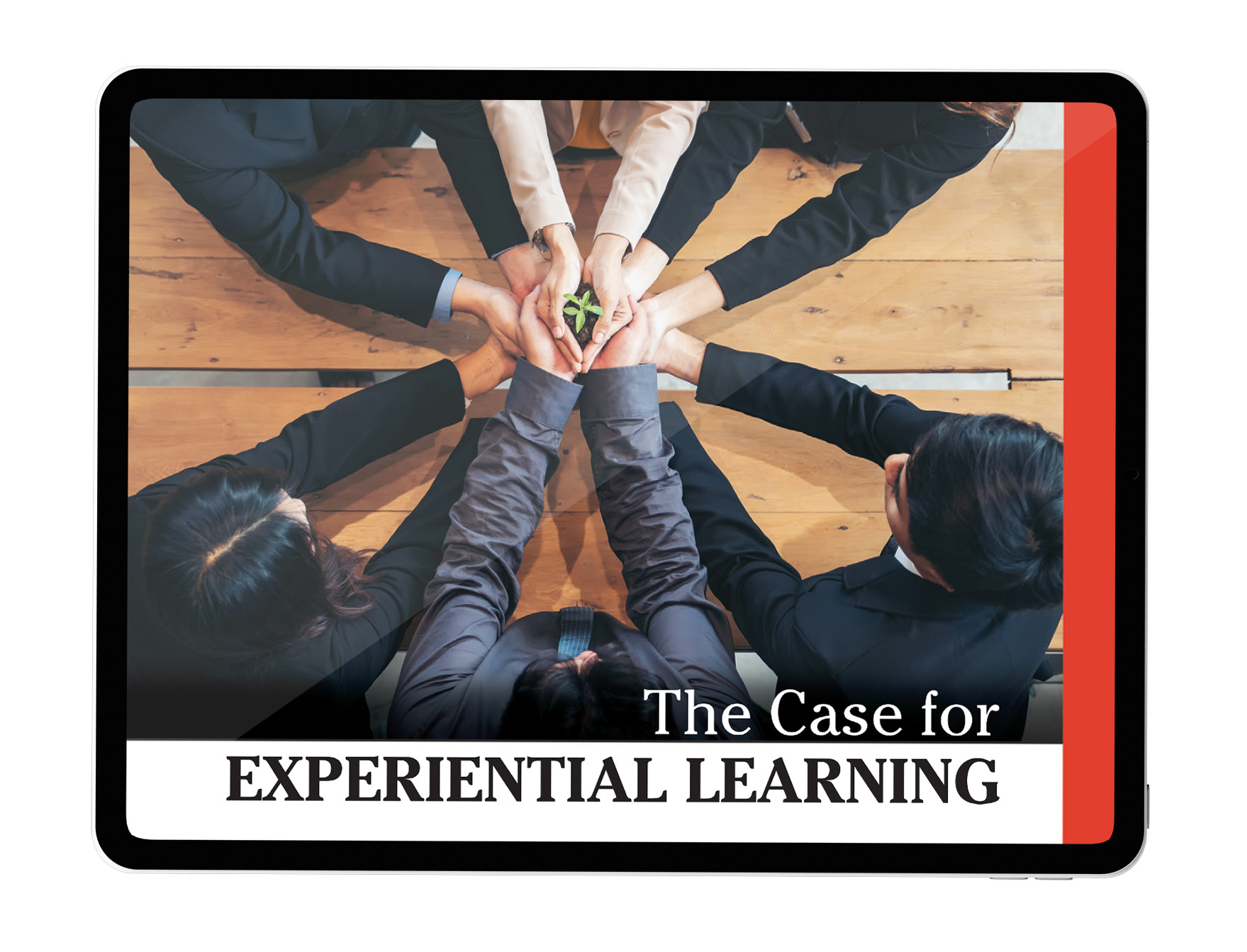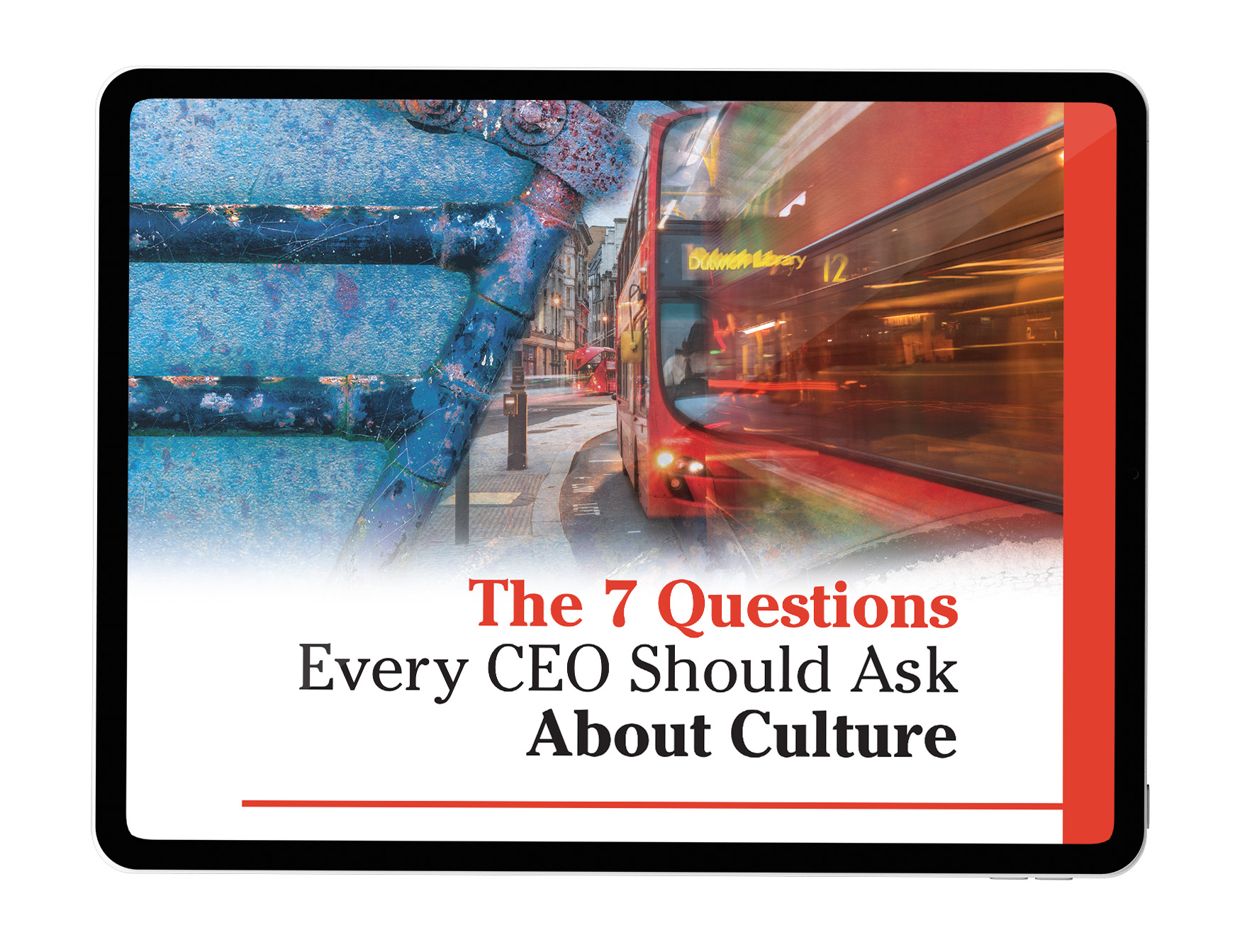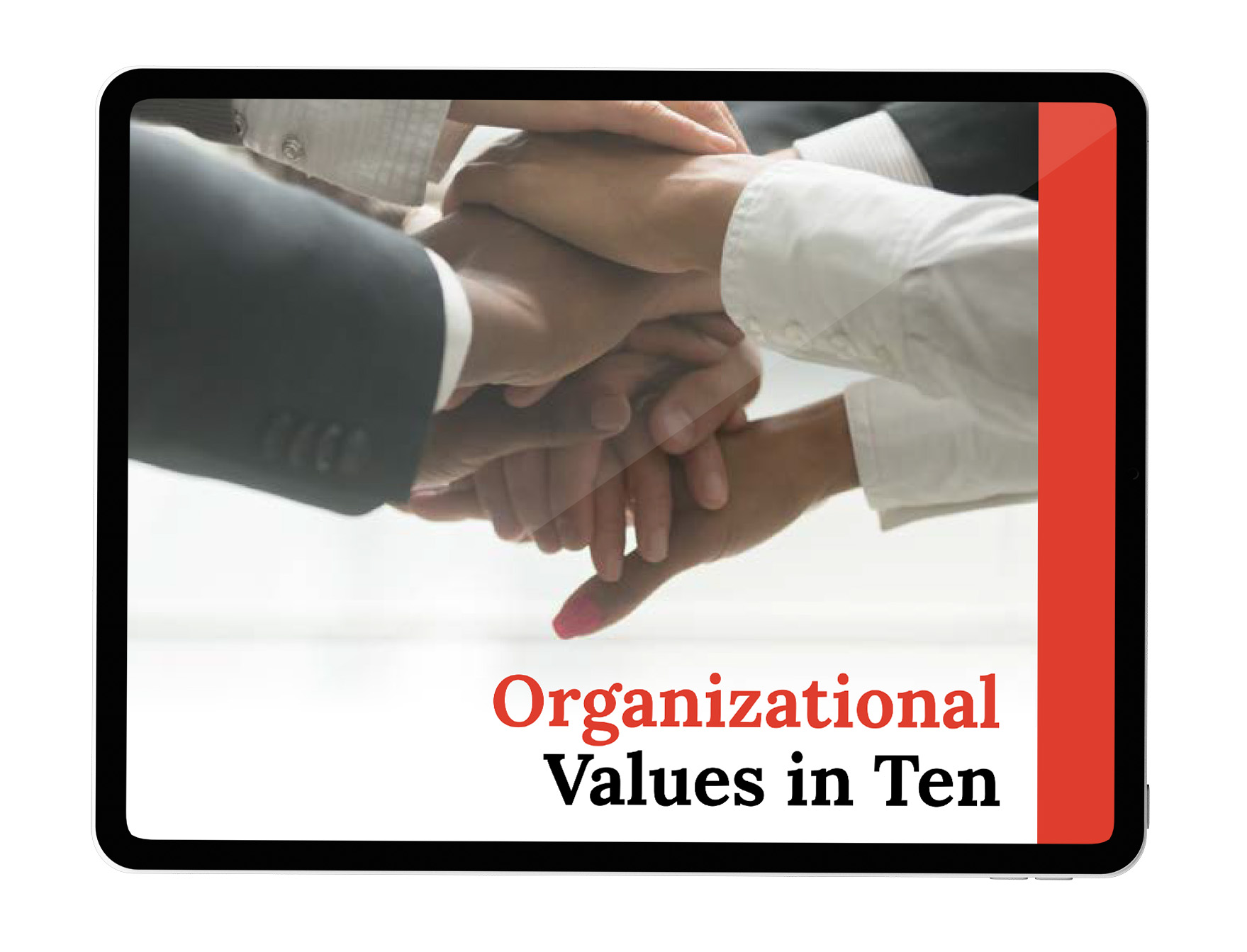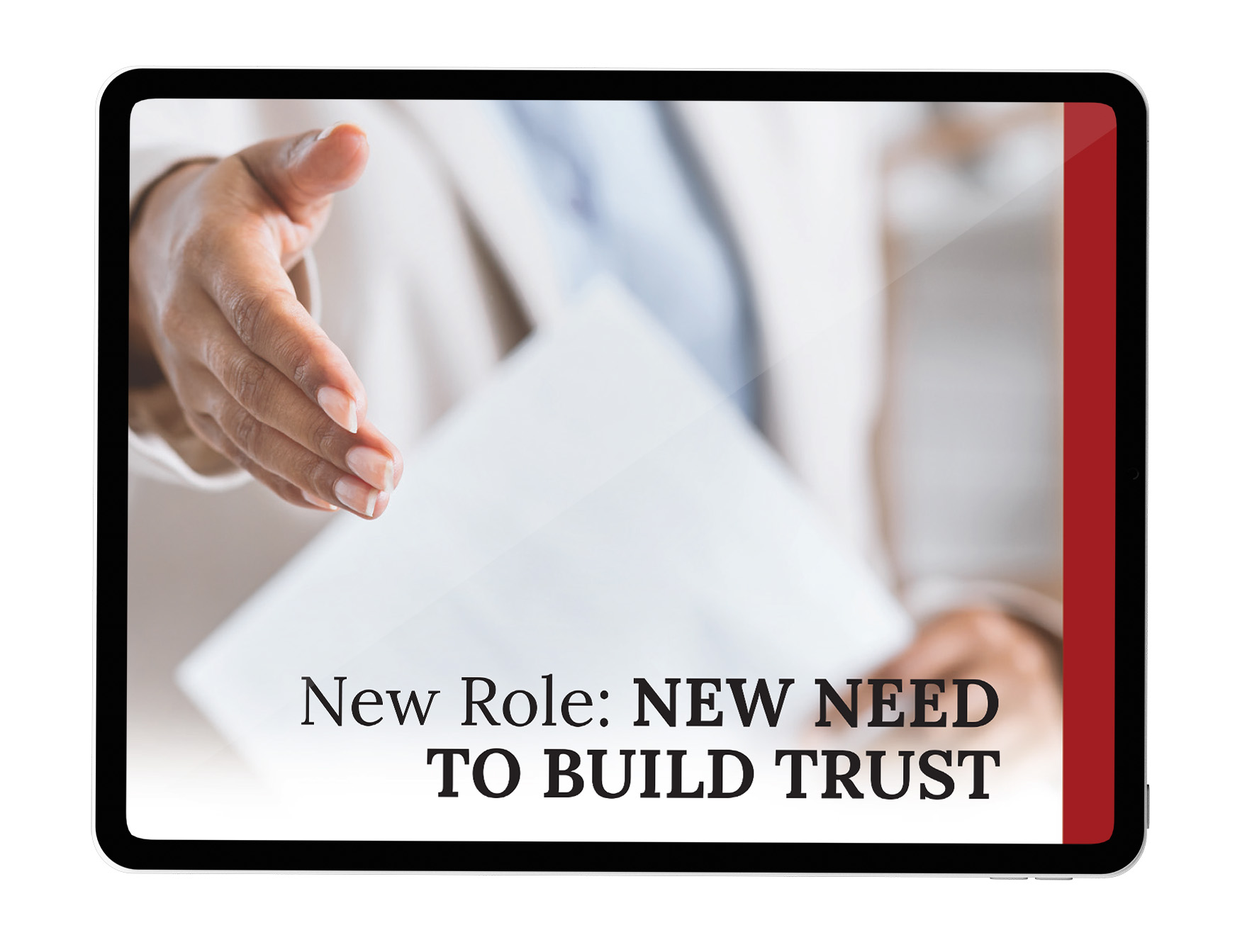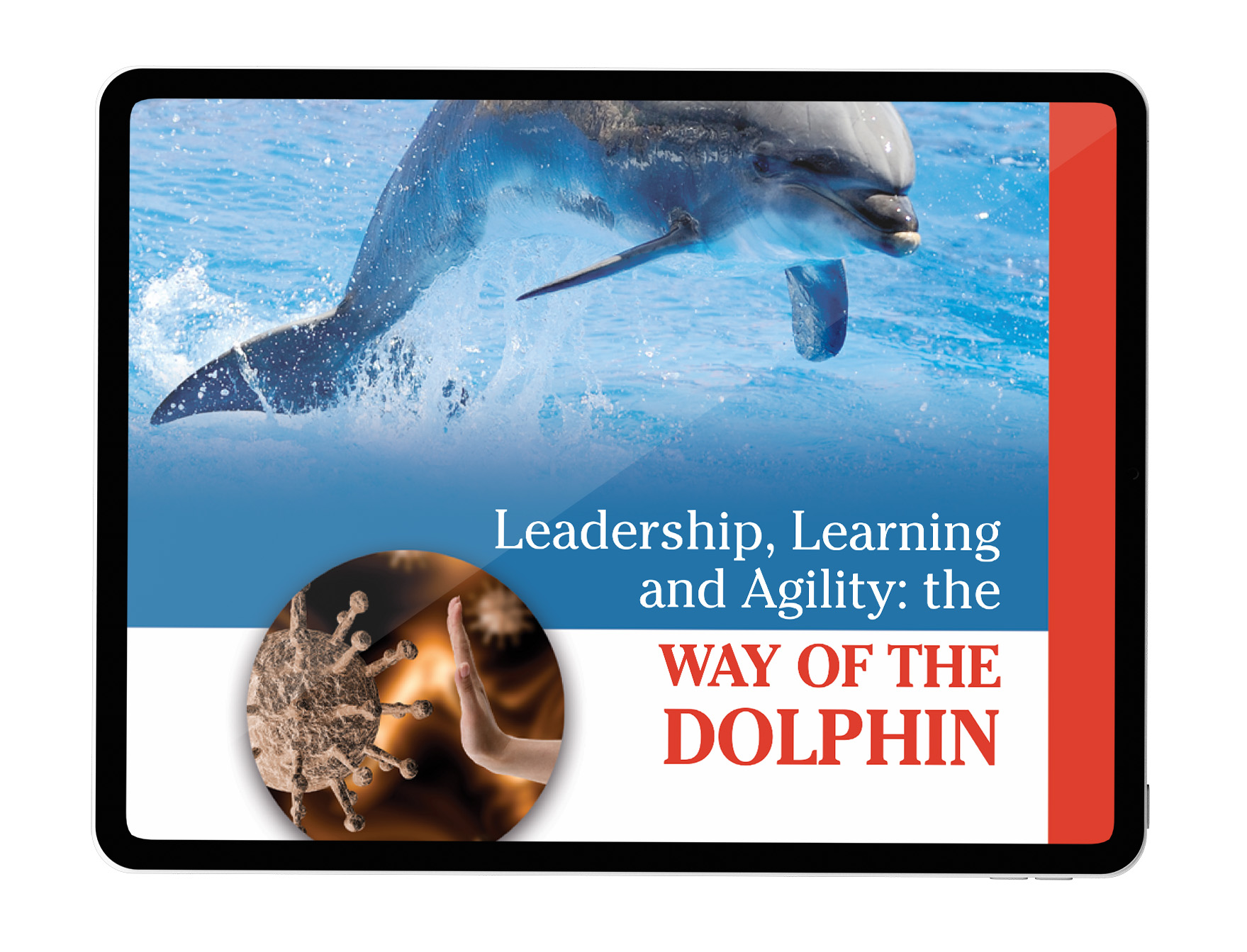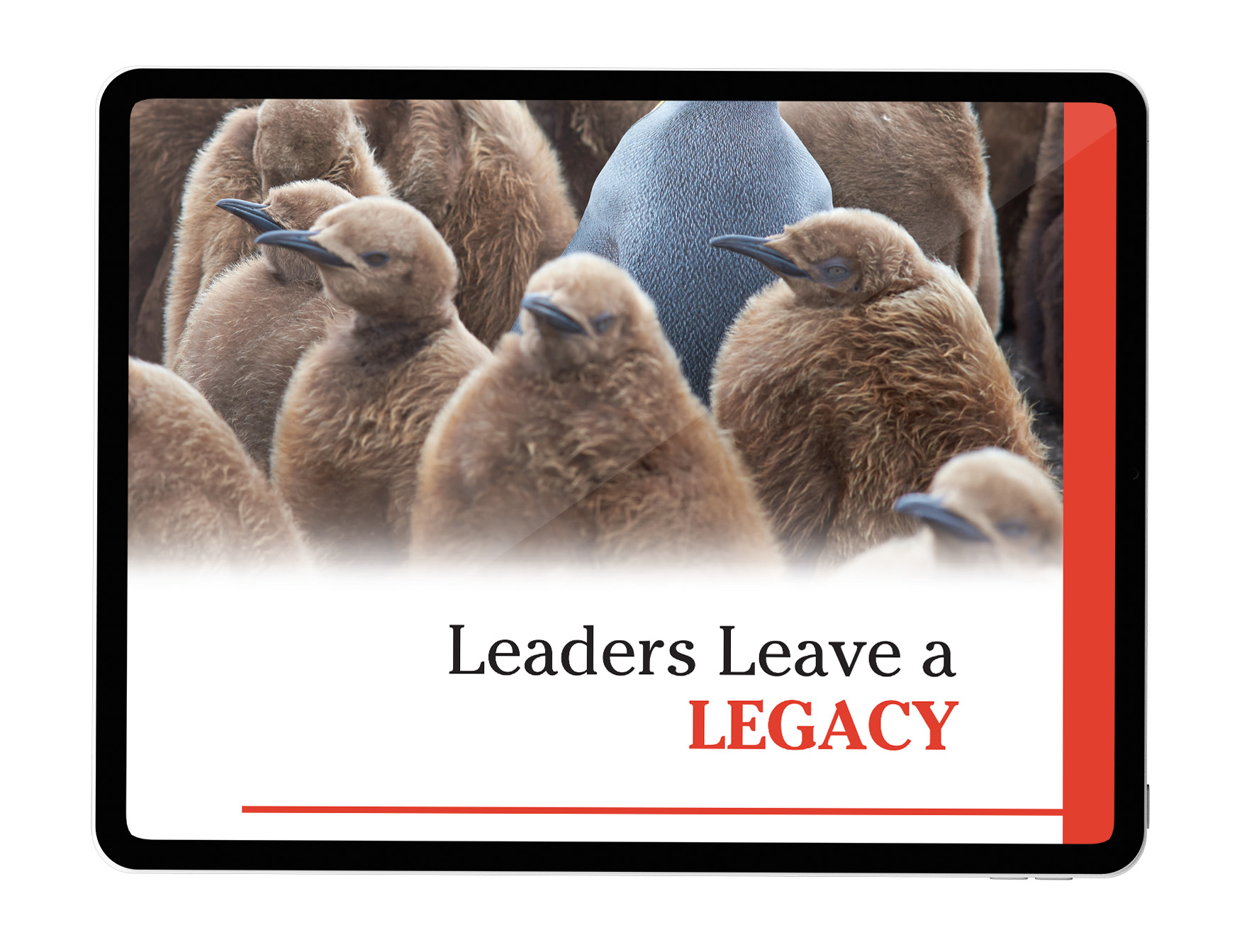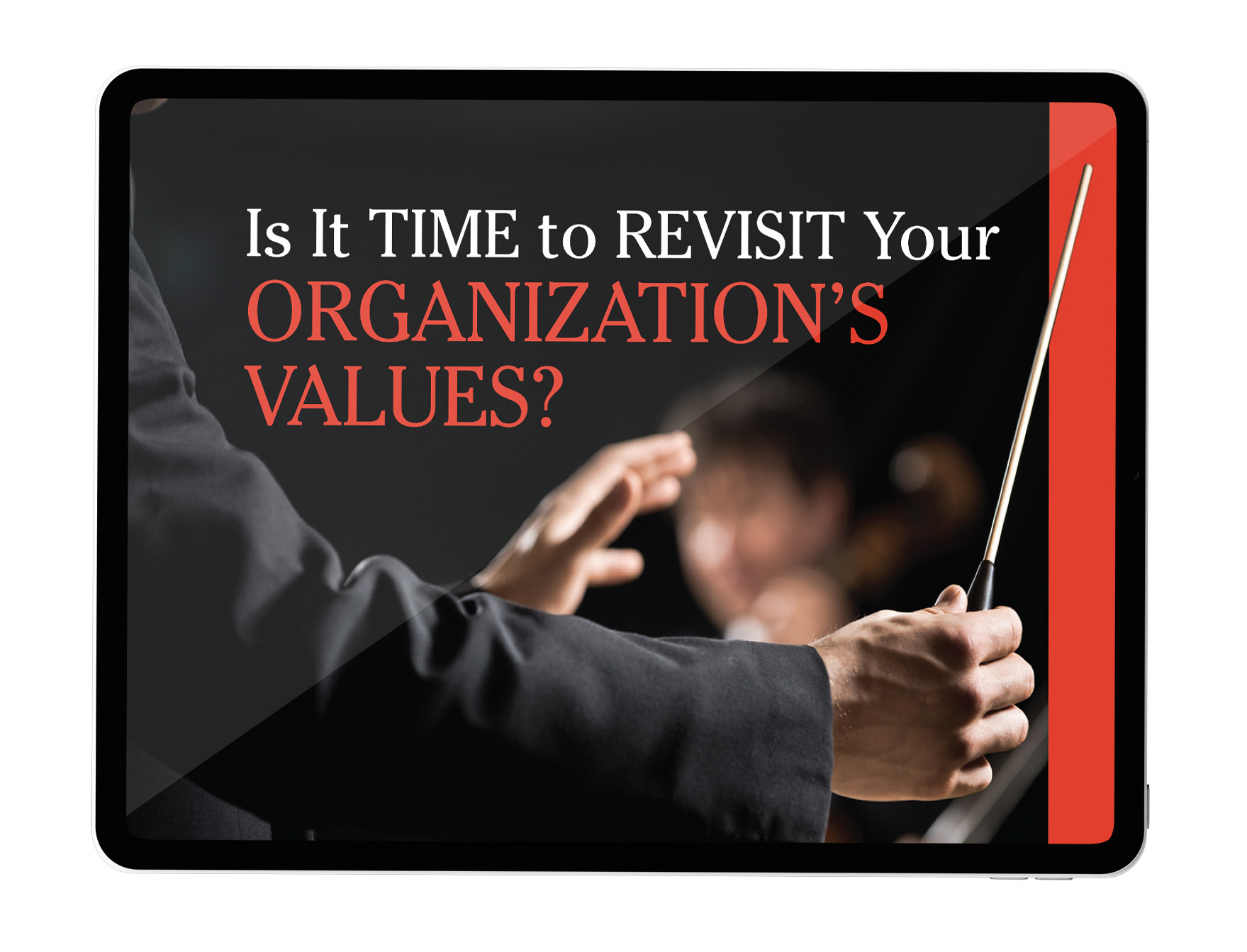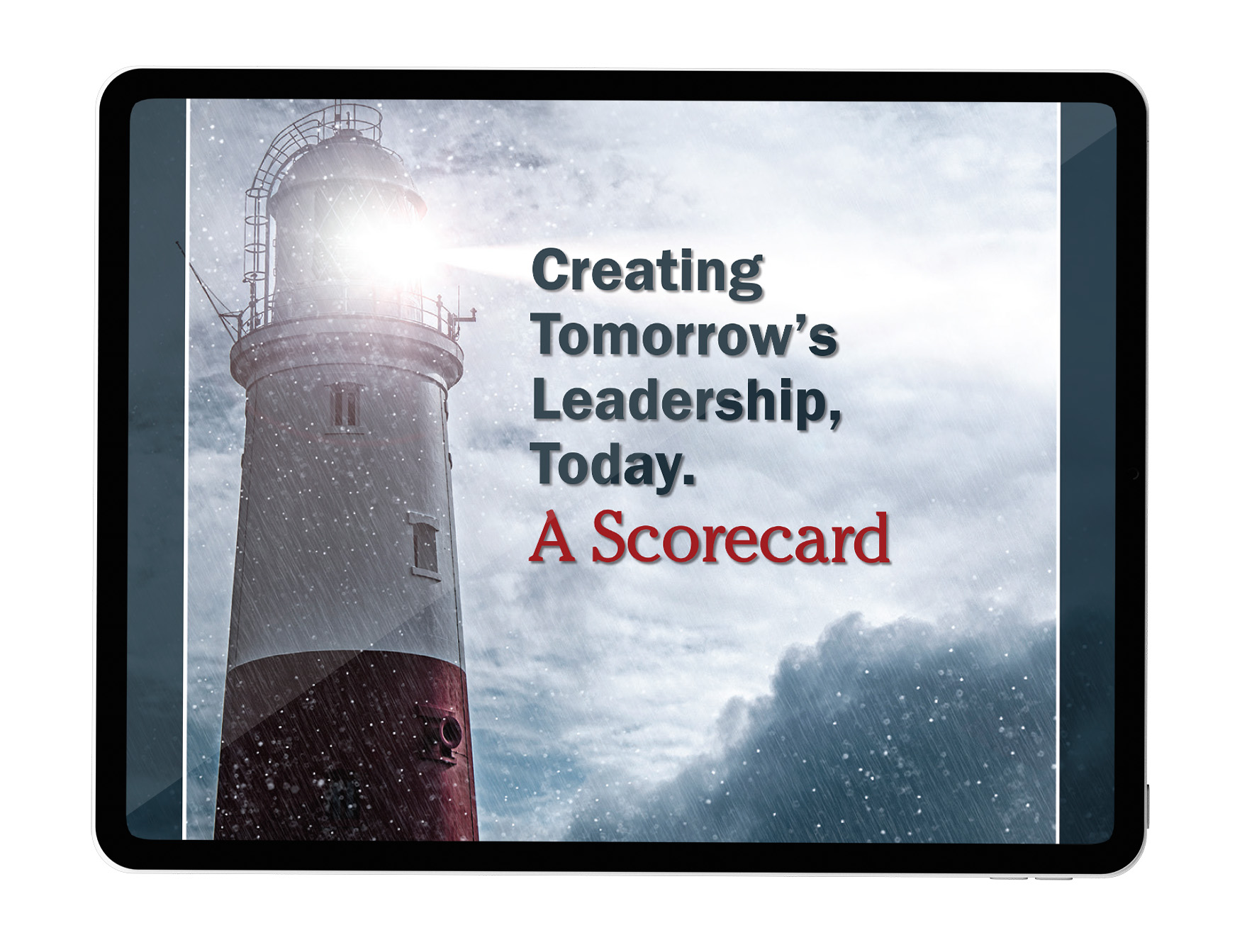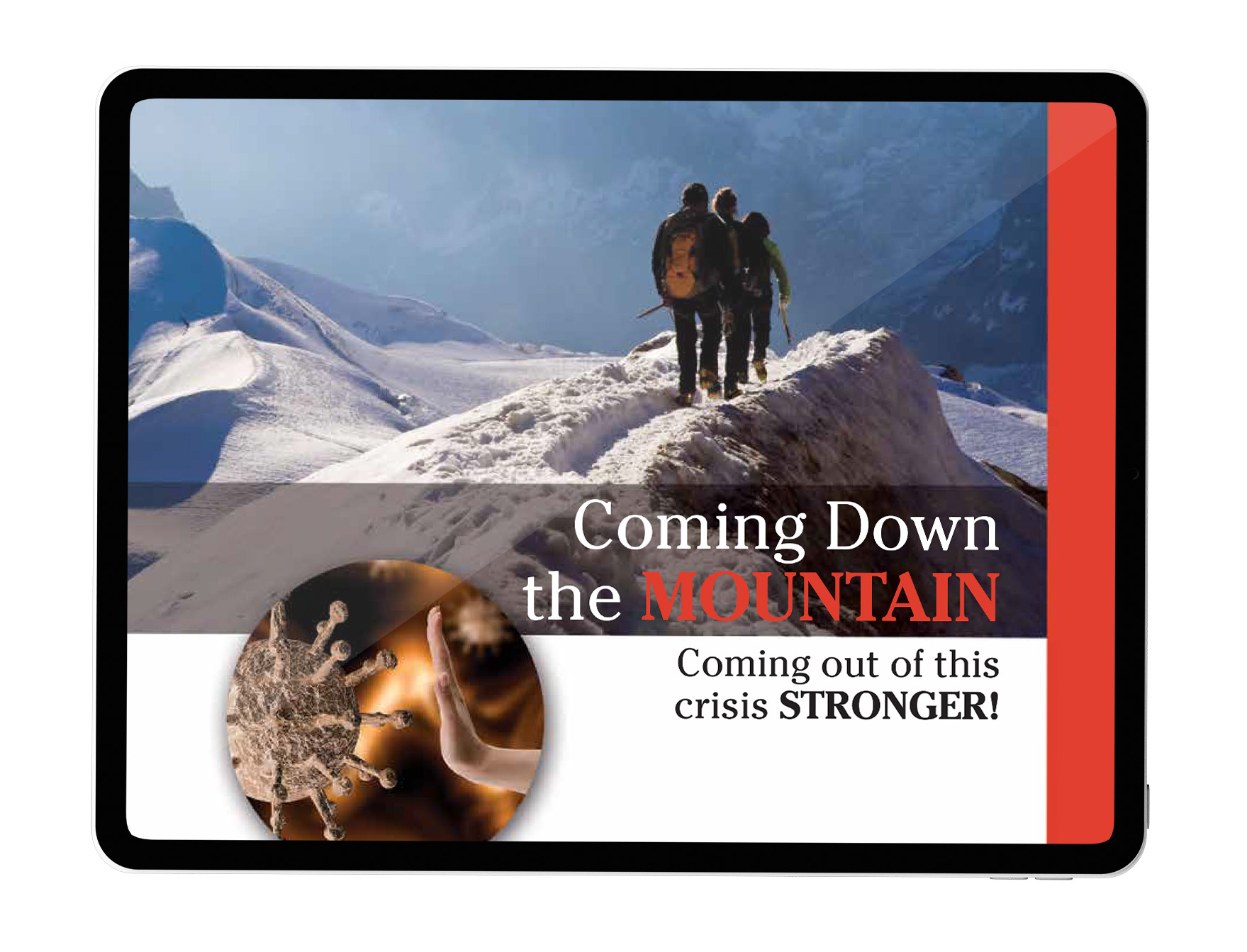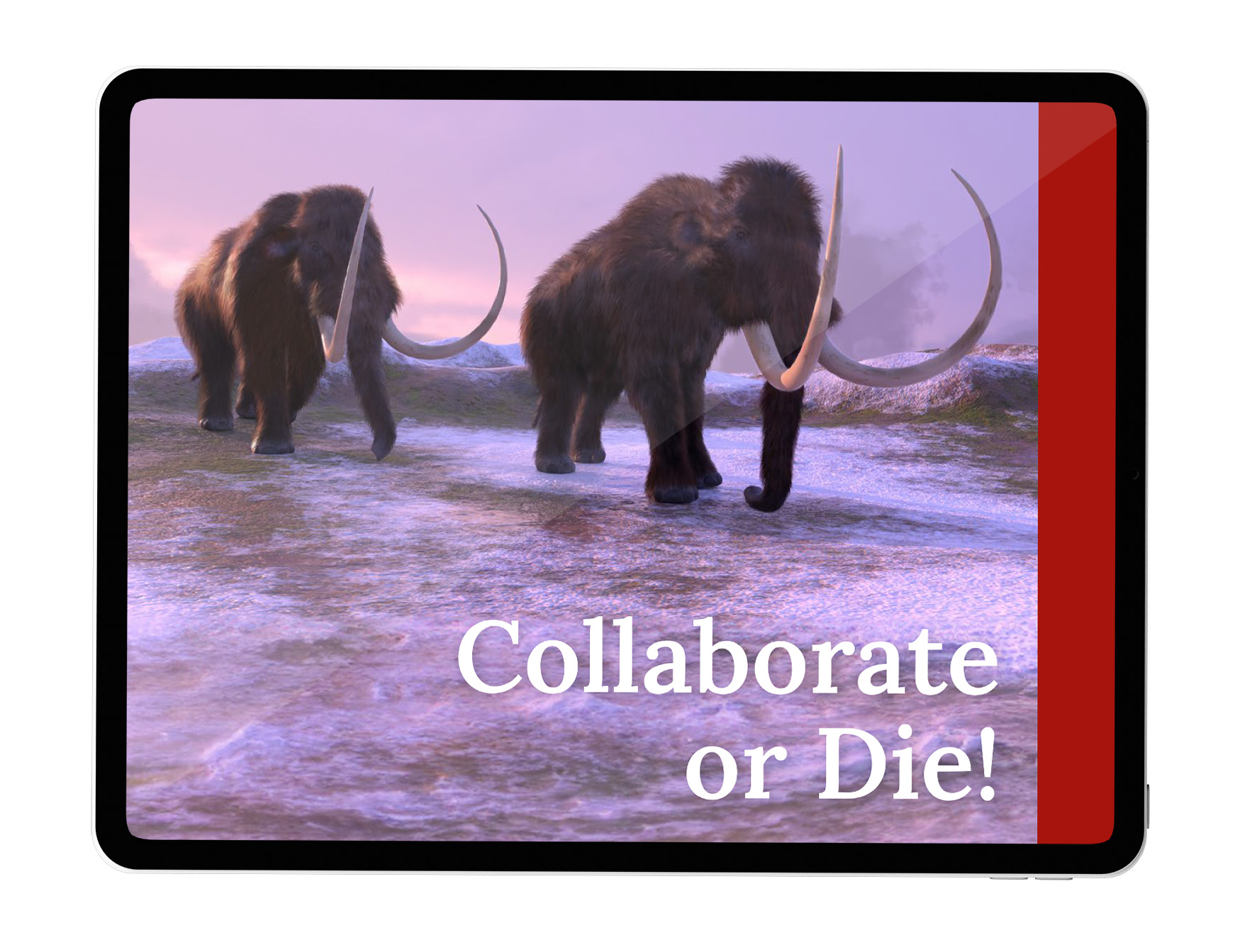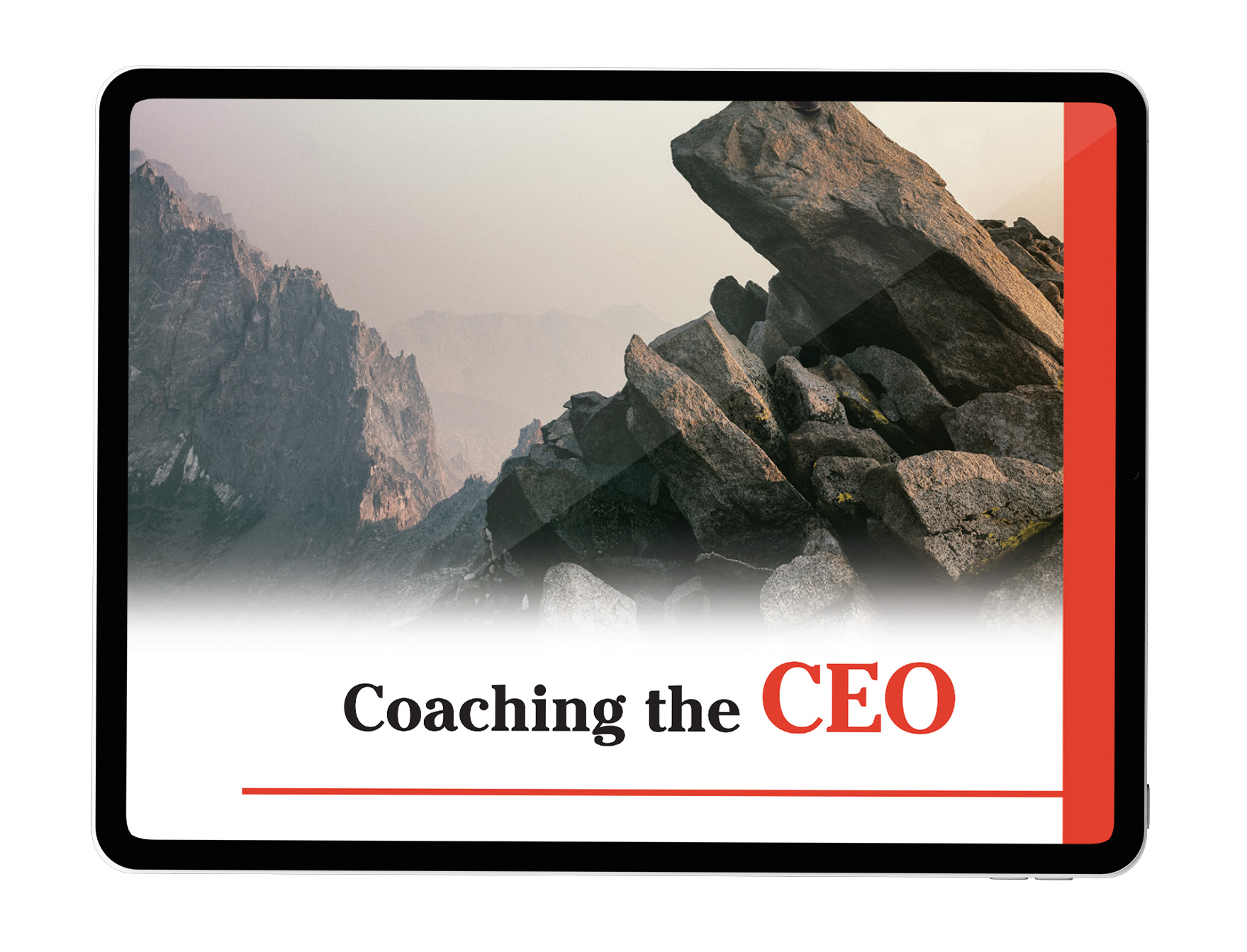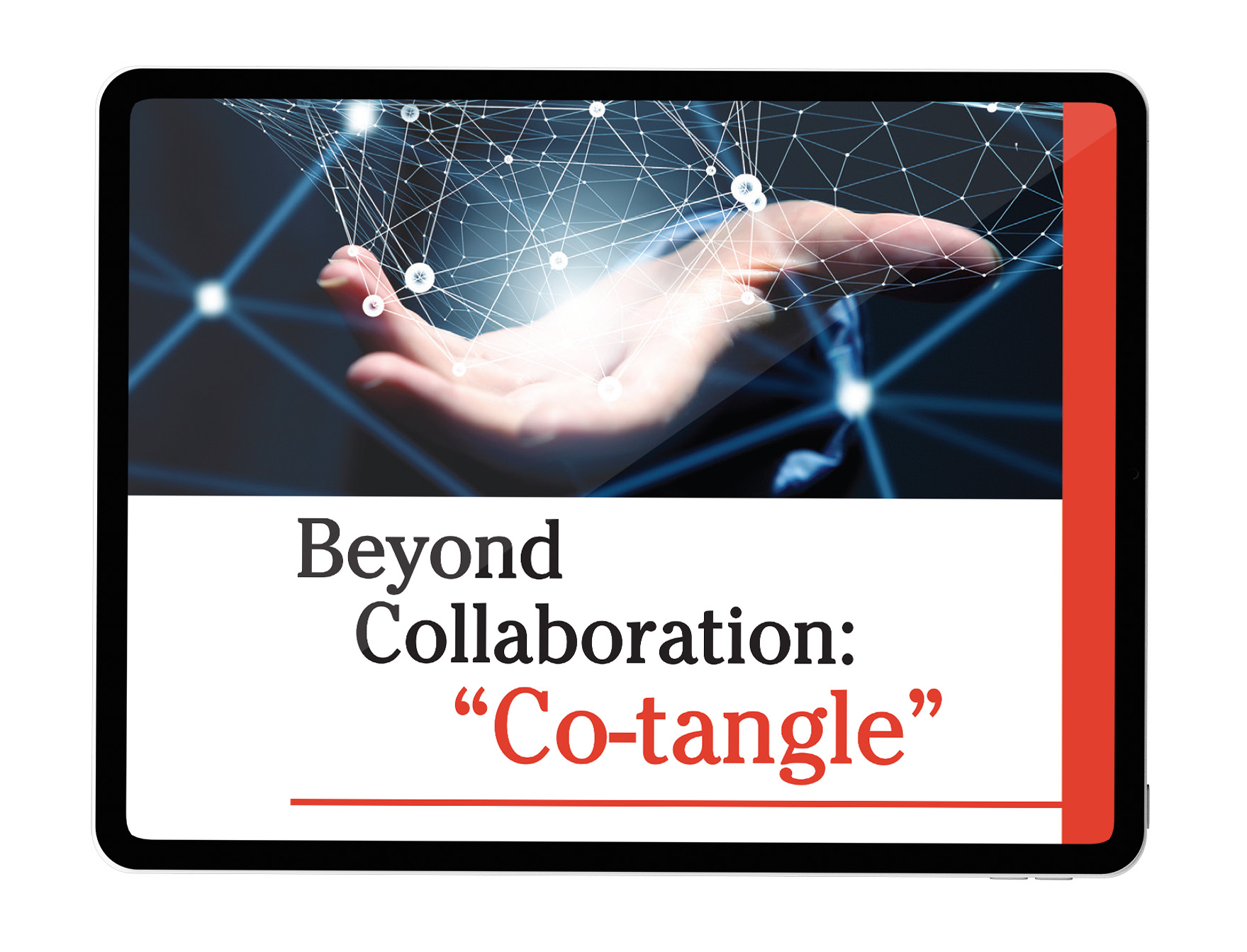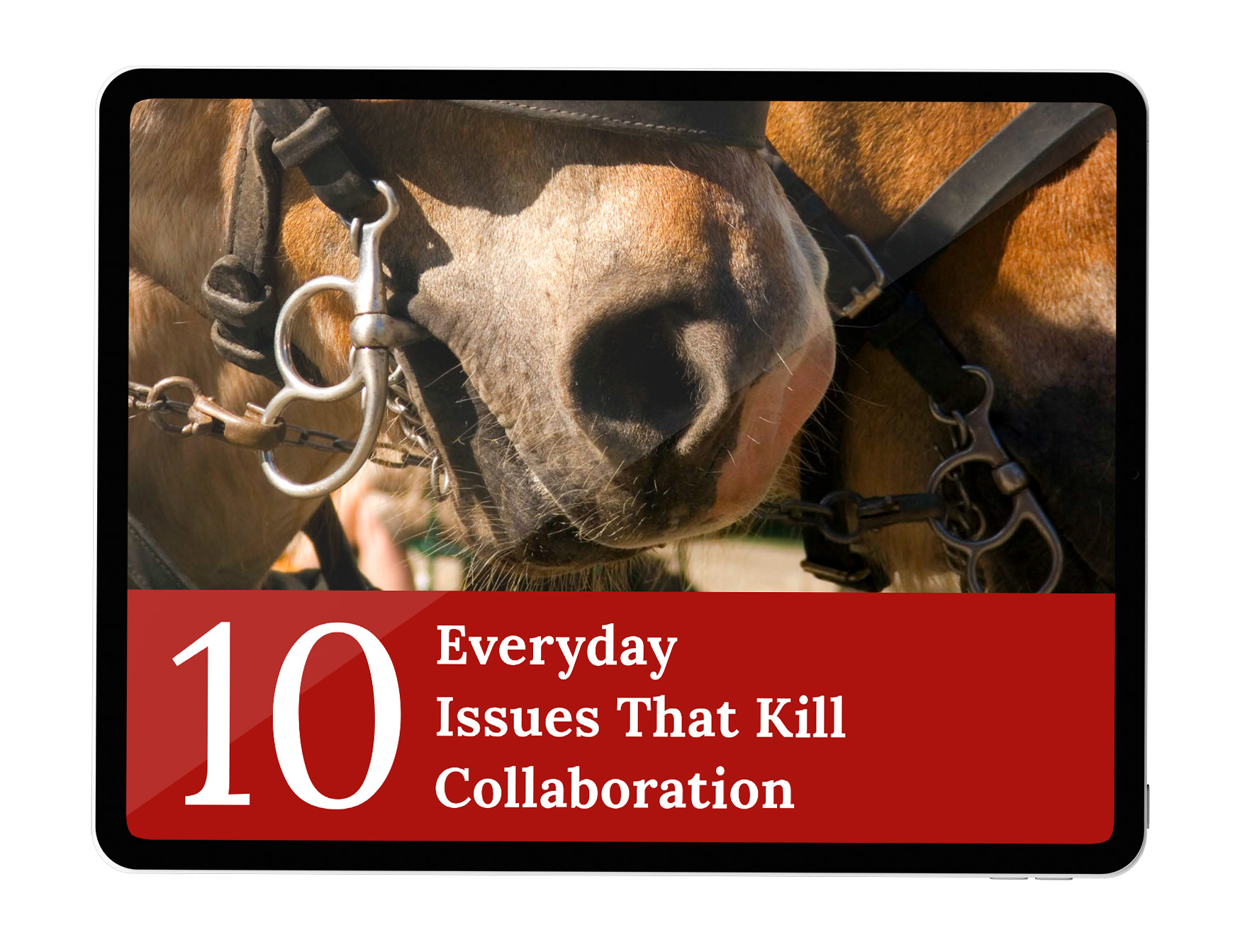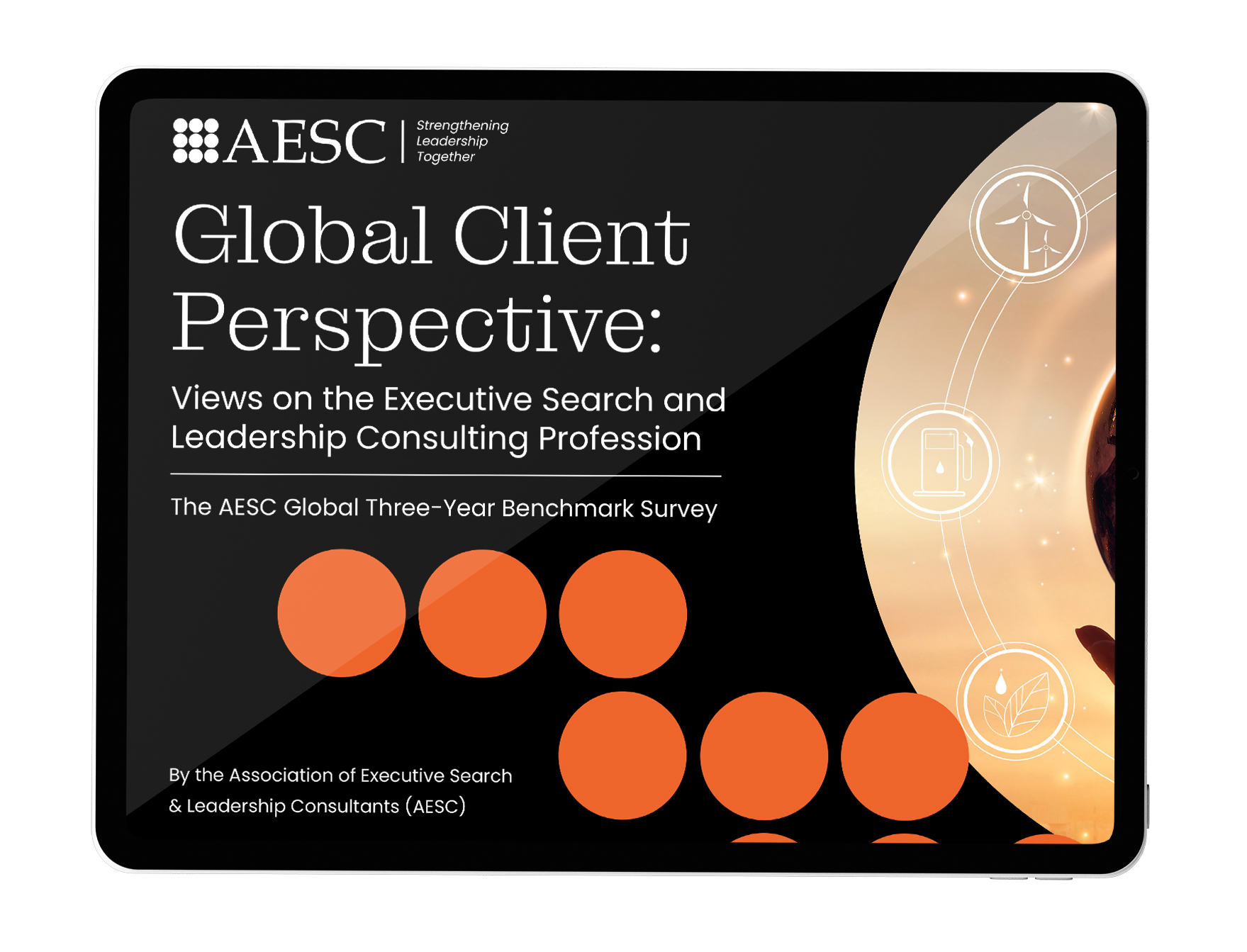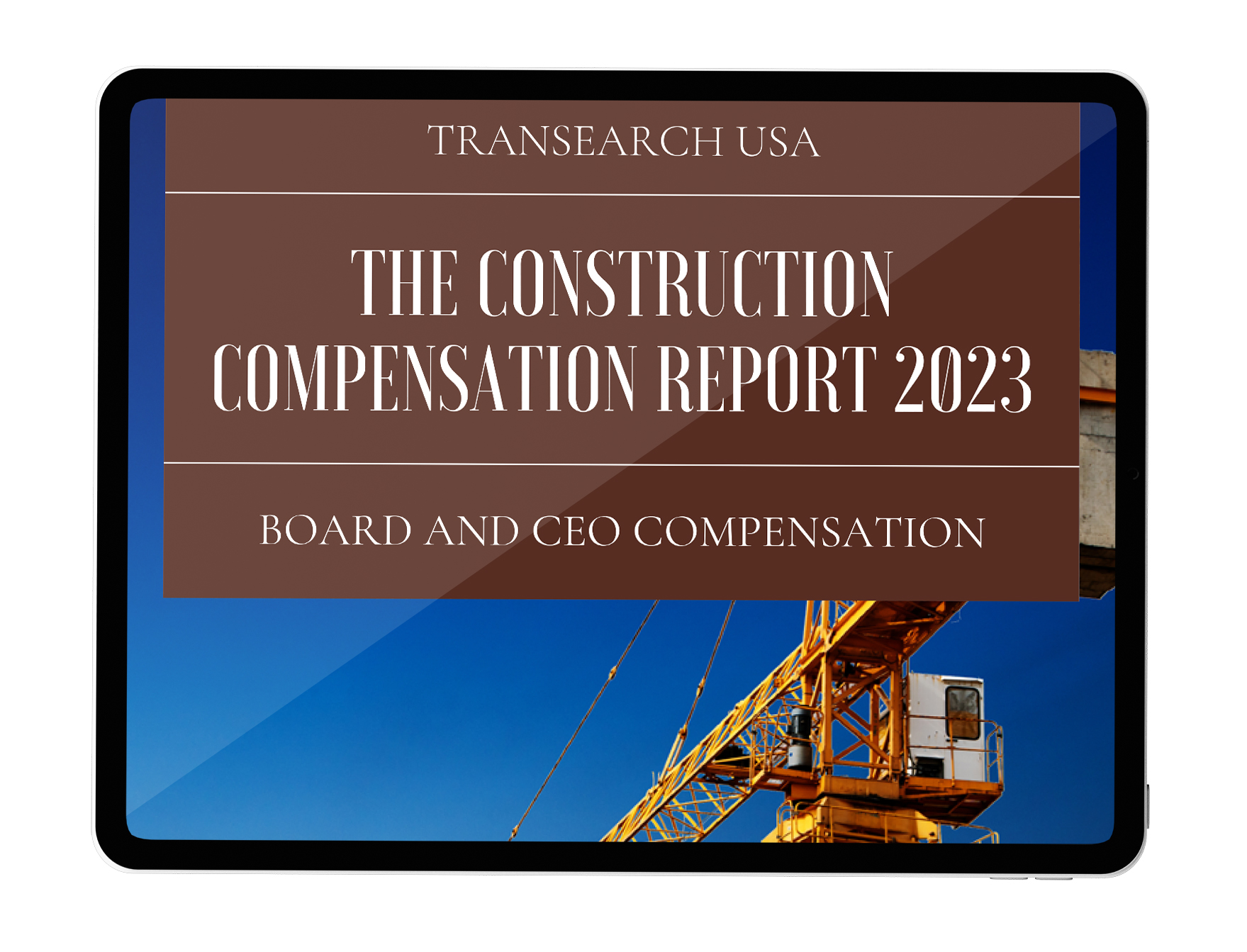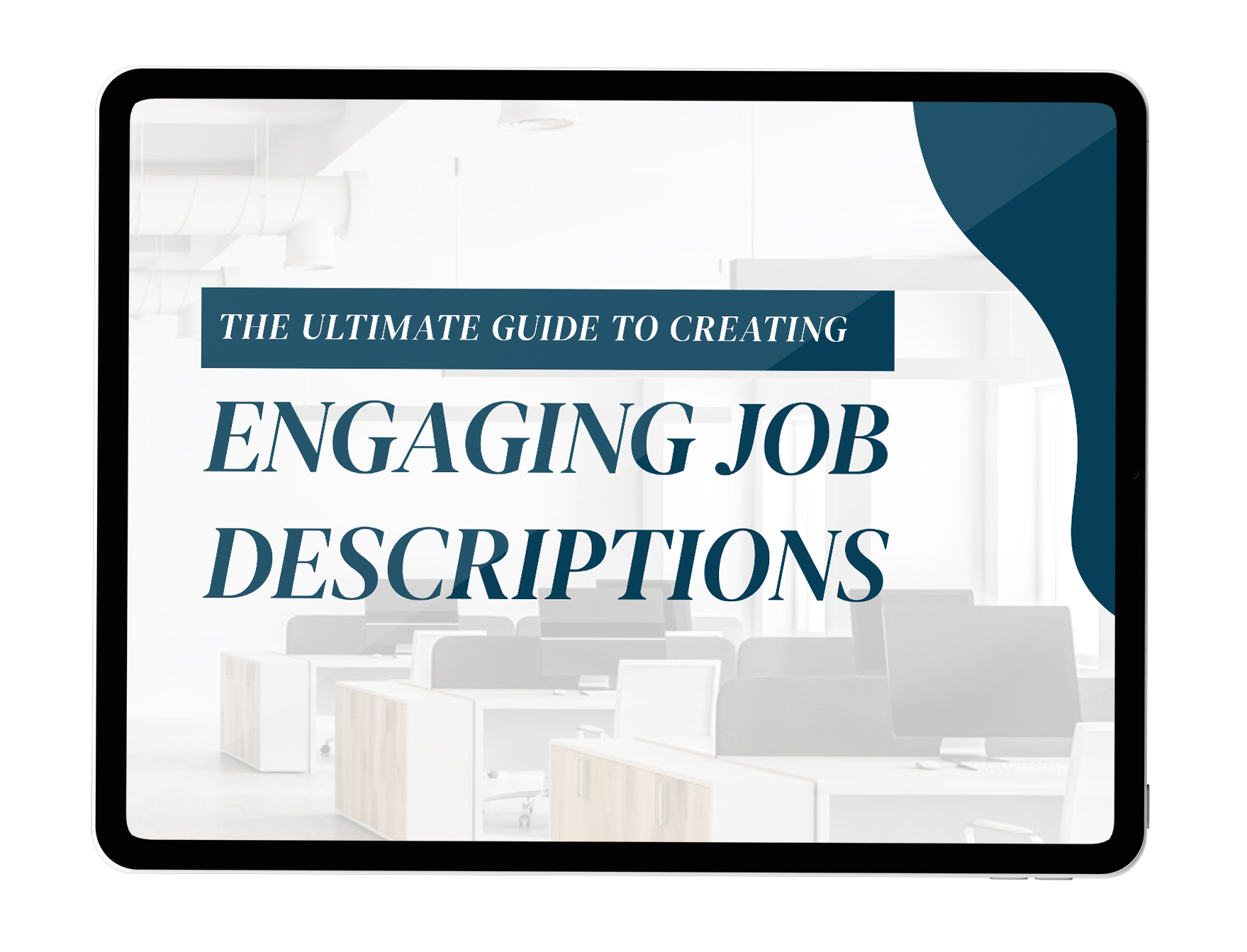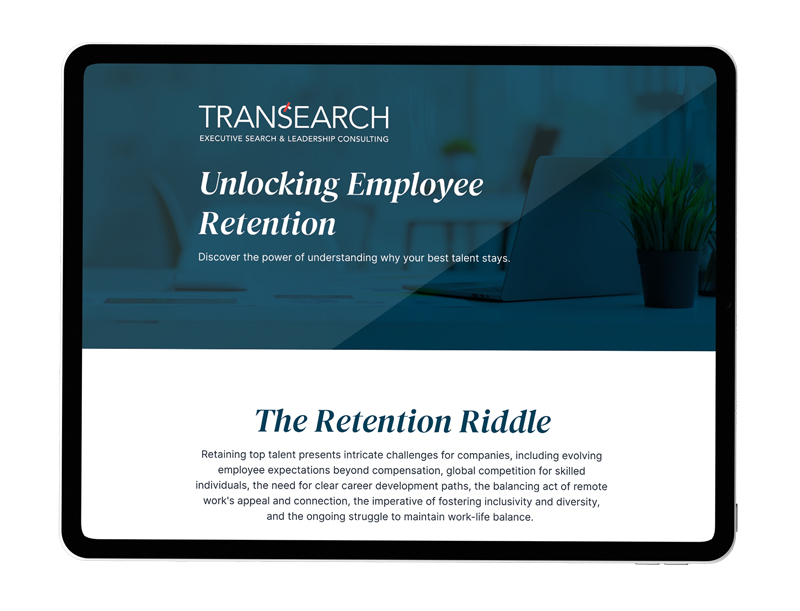TGIF is a sad acronym. “Thank God It’s Friday” trivializes a person’s life by wishing away chunks of their time at work because they don’t enjoy it or feel fulfilled in that role. Do happiness and success only come from doing one’s job well? Research into employee engagement and personal satisfaction tells us otherwise.
I am thrilled when the leaders we place are excited to take on new challenges and make an impact in their new roles. We get to know one another quite well during our interview process and feel we are placing the “whole person,” not just a well-written resume. Our placed candidates’ satisfaction with the search is as integral to our success as client satisfaction. Seeing people assume new roles where true happiness lies outside what was expected can make all those tedious hours spent job searching worth every second.
My work in Executive Search and Leadership Consulting enables me to meet people from all over the world. I love being able to help businesses attract leaders who “Fit” the culture and performance expectations. Integrating a leader who can enhance culture and workforce enthusiasm impacts the whole organization. Measuring that fit is something we excel at here at TRANSEARCH. I feel lucky to help bring about positive change in our industry through strategy development, organization alignment, and leadership identification.
In my role, I’m often asked to talk with bright new college graduates, eager to see where the degrees they’ve worked so hard for might take them. I really enjoy these conversations, as their career is like a blank canvas. This is my advice for them and you in upcoming job searches.
Think long term
Think about what you want out of your career, not just your first job. Investing time in learning about different opportunities and companies is more essential than sending resumes to any opening that “might be cool.” Job choices matter – they’ll shape your future path and determine whether you’ll be able to look back on your career with pride.
Your first job might not be your dream job, but it can lead you to it if you take the time to learn and grow in your role. Don’t underestimate the value of hard work and determination; these qualities will help you get ahead, no matter your field.
Recognize your value
Finding yourself on the job hunt while contemplating the student debt you’ve just amassed can feel a bit stressful. But don’t let buyer’s remorse dampen your enthusiasm. Your degree is a valuable credential. You have much to offer potential employers, and it’s important to remember when negotiating your salary and benefits. Do your research ahead of time to know the going rate for someone in your position. And don’t be afraid to ask for what you deserve – you’re worth it.
Don’t settle
The job market is competitive, and it’s easy to get caught up in the race to secure a position. But it’s important to remember that not all jobs are created equal. Find a role that fits your values, or you’ll likely end up feeling unhappy and unfulfilled.
There are endless opportunities, so don’t settle for something that doesn’t feel right.
As you learn about the market and yourself, pay attention to what interests you. Flexibility is essential, but people tend to divorce the practical and the personal when it comes to career planning. This often feeds into making too many compromises (“Well, the job is boring, but the hours are good…”). Settling leads to you becoming a “TGIF” community member a few years later. It’s good to be practical, but as you grow in your career, you will likely find more room to shape your trajectory.
Don’t settle.
Feed the network
Build your network and reach out to those you know in various industries. As many as 85 percent of roles get filled through personal connections and networking. Reach out. Set up informational interviews. Find mentors. Get involved in professional organizations. You never know when or how these relationships might come in handy.
When you finally do find the right role, it’s important to remember that your work is never done. Learning should be a lifelong pursuit, and you should always look for ways to improve your skillset and extend your network.
Know what moves you
When you start out in a difficult job market, you may have to make choices based on what’s available. Embrace the opportunities that come along. Be flexible and open to what they teach you about yourself and your future ambitions. Living through tough times teaches us to be nimble, resilient, creative, and hard-working, which are valuable soft skills and indicators of a growth mindset.
Work reporter Jennifer Liu explains: “So as emerging technology threatens to cut jobs that can easily be completed through automation and machines, employees and job seekers are increasingly focused on developing a growth mindset. This is where the importance of having a growth mindset comes into place: People who are motivated to reach higher levels of achievement by learning new skills that can’t be replicated by future technology are much more likely to succeed in the face of setbacks.”
These are the soft skills that executive search professionals like me seek out in candidates. So, if you’re on the job hunt, keep these things in mind. They just might help you land your dream job.
Find the right fit for you
Research is key to finding a role that appeals to you. Before you interview with any company, develop a sense of what you want in an employer. Learn how to evaluate a company’s corporate culture. Study the company’s website. Read current news and Glassdoor reviews.
There’s a good chance that the people who interview you are true believers in their company’s work. Take advantage of the opportunity to meet with these insiders by asking them informed, thoughtful questions. Accessing culture means answering some basic questions about a business: What is the company’s mission? What are its values? What opportunities for advancement can be cultivated there? What is the work-life balance like for staff? What philosophy of leadership drives the management team? Make the most out of the opportunity every interview earns you.
Look for support
And finally, don’t forget the power of a great executive search professional. We can help you target companies that are the right match for your skills and aspirations. I always recommend working with an executive search professional when looking for a new opportunity—especially if you’re looking for a leadership role.
When it comes to finding a job, it’s not just about what you know but also who you know. Executive search professionals have extensive networks and can help connect you with the right people. The bottom line is that your job choices matter.
It’s important to be thoughtful and deliberate about the roles you take on, the companies you work for, and the people you surround yourself with. Do your research and make sure you’re making the best choices for your career. With the right attitude and approach, you can find a job that’s not only satisfying but also sets you up for success in the long term.











